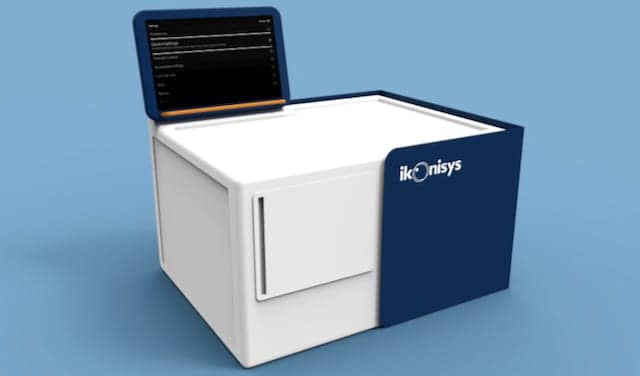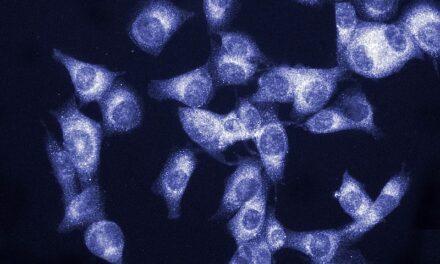Sheba Medical Center and Ikonisys, New Haven, Conn, have entered into a partnership for the development of novel proprietary tests for circulating tumor cells (CTCs) targeting specific cancers. The tests and applications will be aimed at a variety of potential clinical purposes, including companion diagnostics and treatment monitoring for the detection of disease recurrence.
CTC analysis has great potential to transform the cancer diagnostic landscape. Potential applications include determining disease status and rate of disease progression as well as predicting the likely efficacy of a particular therapy or treatment. However, the technique has so far been limited by the difficulty of finding such extremely rare cells, which can be as few as 10 out of millions in a typical 10 mL blood sample.
The Ikonisys CTC detection test offers the ability to detect, quantify, and analyze tumor cells in the blood of cancer patients. The automated scanning and analysis capabilities of the Ikoniscope platform allow the efficient screening of a much larger number of cells than would be possible by manual analysis, making it possible to identify and enumerate CTCs in the blood of cancer patients with high sensitivity and specificity.
“We are excited to begin using the Ikoniscope system provided by Ikonisys,” says Iris Barshack, MD, head of the institute of pathology at Sheba Medical Center. “Together, we aim to improve the detection of disease recurrence and clinically validate applications for various types of cancers while contributing to Sheba Medical Center’s mission to deliver excellent, highly innovative comprehensive diagnoses and care management to patients.”
Under Barshack’s leadership, Sheba’s research team will identify and propose biomarker panels for cancers of particular interest that will be evaluated as potential new Ikoniscope CTC tests. All available clinical data will be collected for the patient samples being tested, including other available liquid biopsy data. This will allow evaluation of the potential complementary nature of cell-based CTC tests, such as performed on the Ikoniscope, for characterization of individual tumor cells, compared to circulating DNA-based tests that provide global tumor genotype information.
“We are proud to cooperate with one of the world’s leading medical centers in developing innovative tests for the diagnosis and monitoring of cancers,” says Michael Kilpatrick, PhD, chief scientific officer at Ikonisys. “This partnership validates our proprietary Ikoniscope technology and coincides with the launch of our second-generation system. The cooperation also enables us to further expand Ikonisys’ product portfolio, strengthening our commitment in the world of CTCs to continuously improve cancer treatment.”
For more information, visit Ikonisys.
Featured image: The Ikoniscope S represents the second generation of Ikoniscope systems from Ikonisys.




